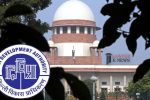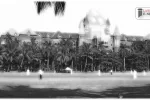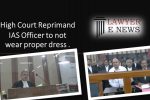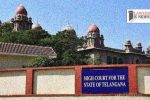Acquittal in SCST Act Case: Testimonies Cannot Be Believed in Absence of Any Independent Corroboration: Punjab & Haryana HC

In a significant judgment, the High Court of Punjab and Haryana acquitted Hari Singh, who was previously convicted under the Scheduled Castes and Scheduled Tribes (Prevention of Atrocities) Act, 1989. The Court, presided over by Hon’ble Mr. Justice Karamjit Singh, found substantial gaps in the prosecution’s case, leading to the appellant’s acquittal.
In the case (CRA-S-1527-SB-2004), Hari Singh was accused of using derogatory language against Dhanna Singh, belonging to a Scheduled Caste, during a panchayat meeting on July 20, 2000. The trial court had sentenced Singh to six months of rigorous imprisonment, along with a fine. However, the High Court’s recent decision overturned this verdict.
Justice Karamjit Singh, in his judgment, emphasized the unreliability of the testimonies against Hari Singh. The Court observed, “The testimonies of PW-1 to PW-3 cannot be believed in the absence of any independent corroboration.” This observation was critical in undermining the prosecution’s case, which relied heavily on these witness accounts.
Furthermore, the judgment pointed out the unexplained delay in filing the complaint and the lack of evidence proving that the appellant used caste-related derogatory remarks. The Court underscored that insulting or intimidating a person from SC/ST communities does not automatically constitute an offense under the Act unless it is explicitly on account of their community membership. This aligns with the precedent set in Hitesh Verma Vs. State of Uttarakhand, as referred to in the judgment.
The High Court’s ruling highlights the necessity of corroborative evidence in cases involving allegations of caste-based insults and atrocities. The acquittal of Hari Singh serves as a reminder of the judiciary’s role in ensuring that convictions are based on firm evidence rather than uncorroborated testimonies.
Date of decision: 22.01.2024
Hari Singh VS Dhanna Singh and others






